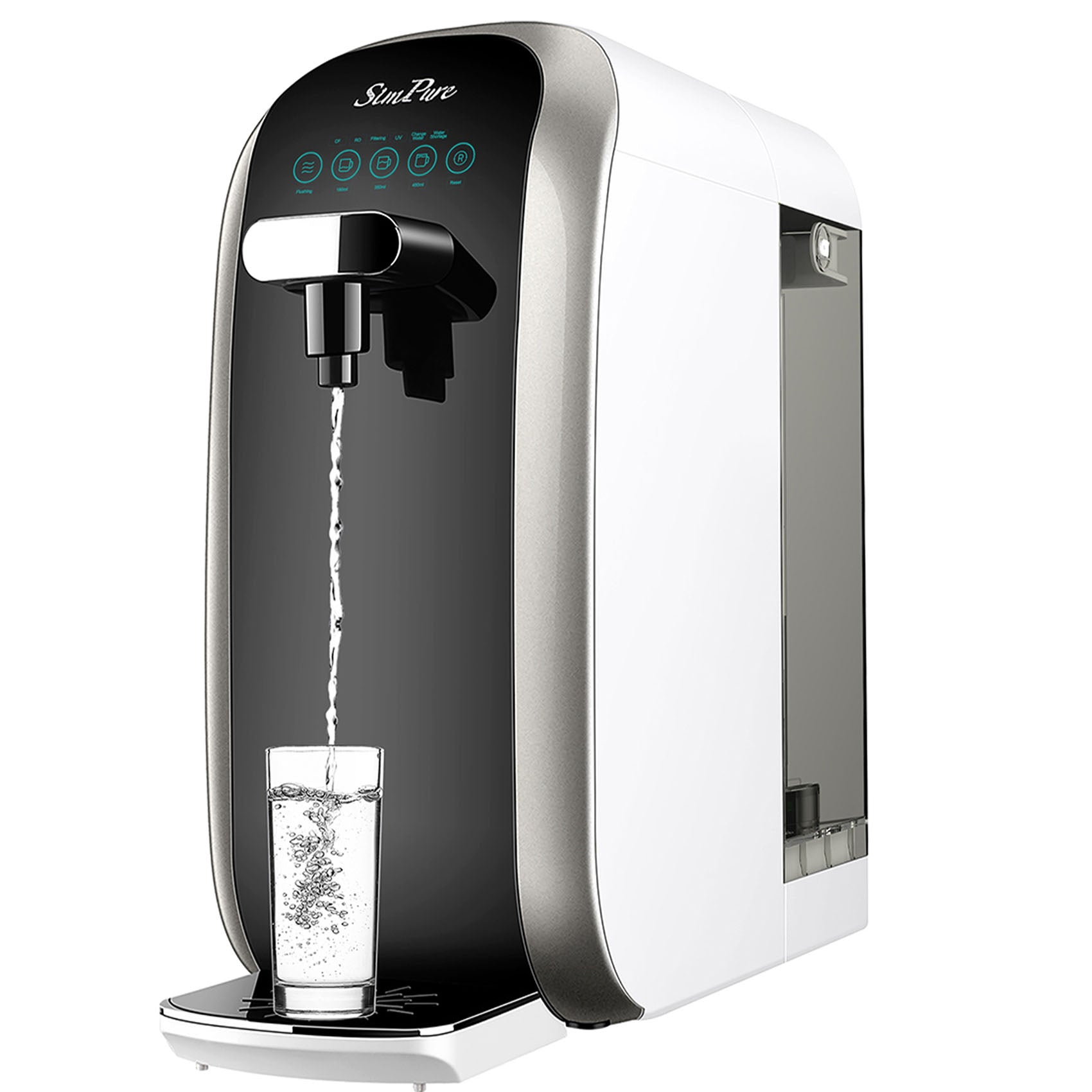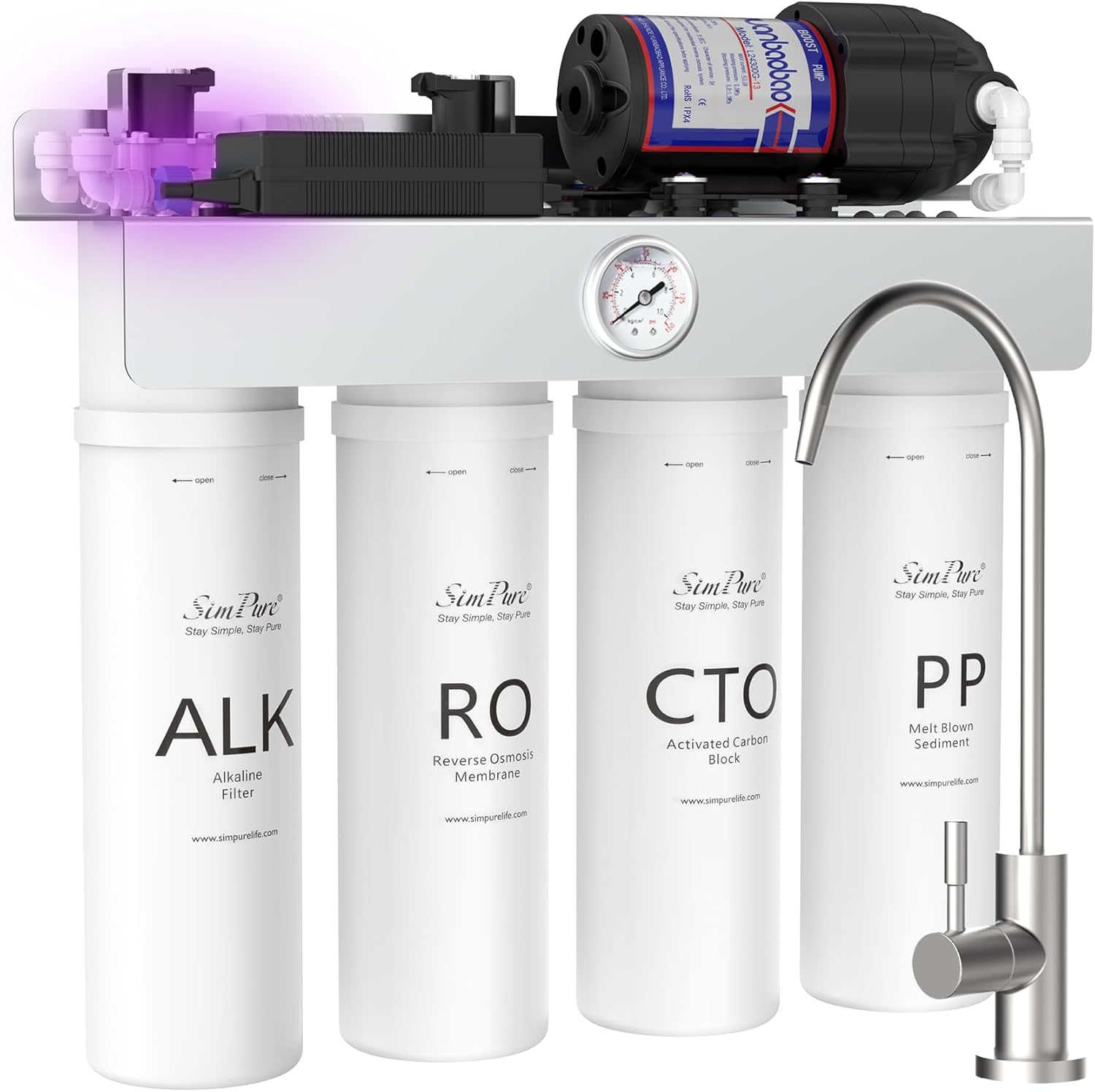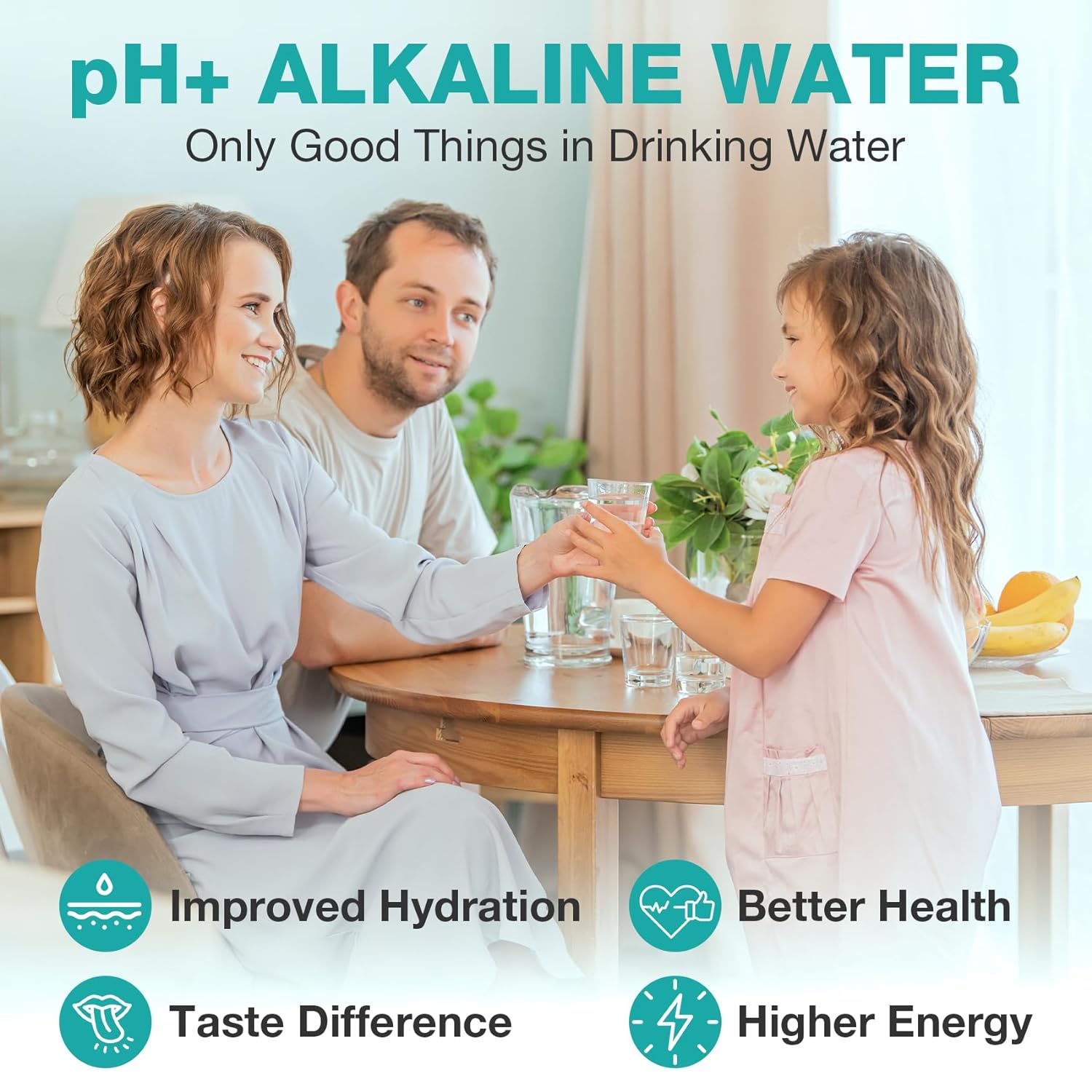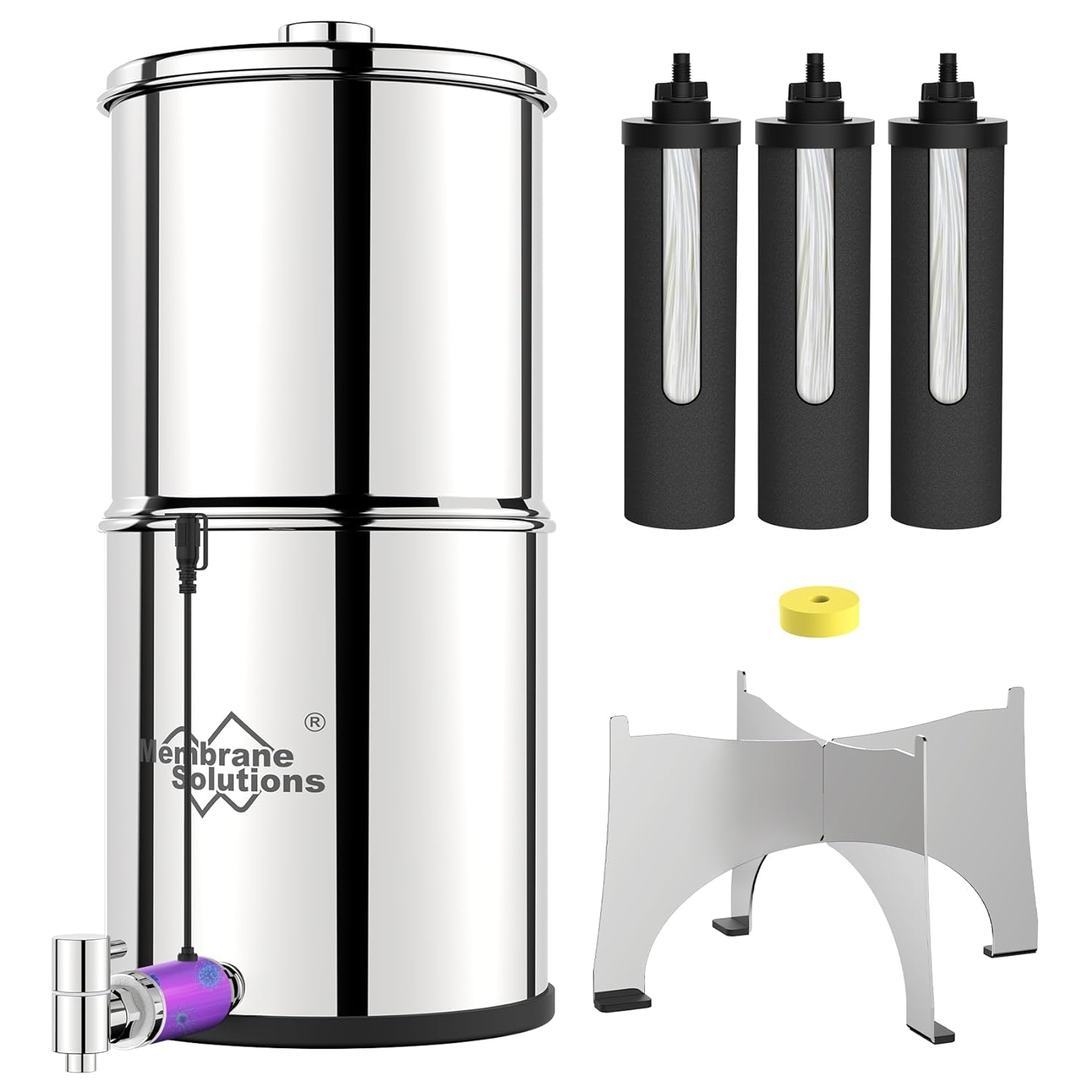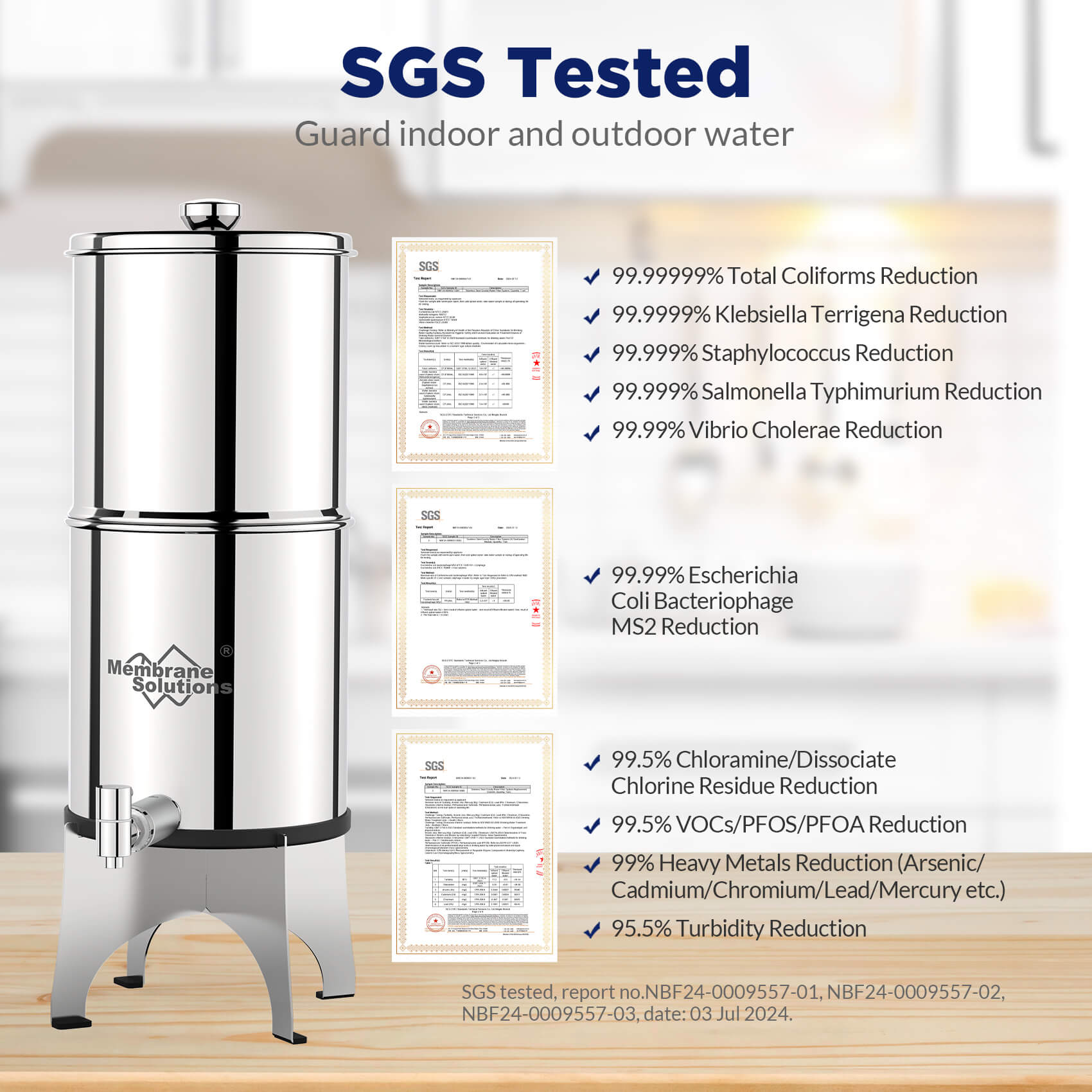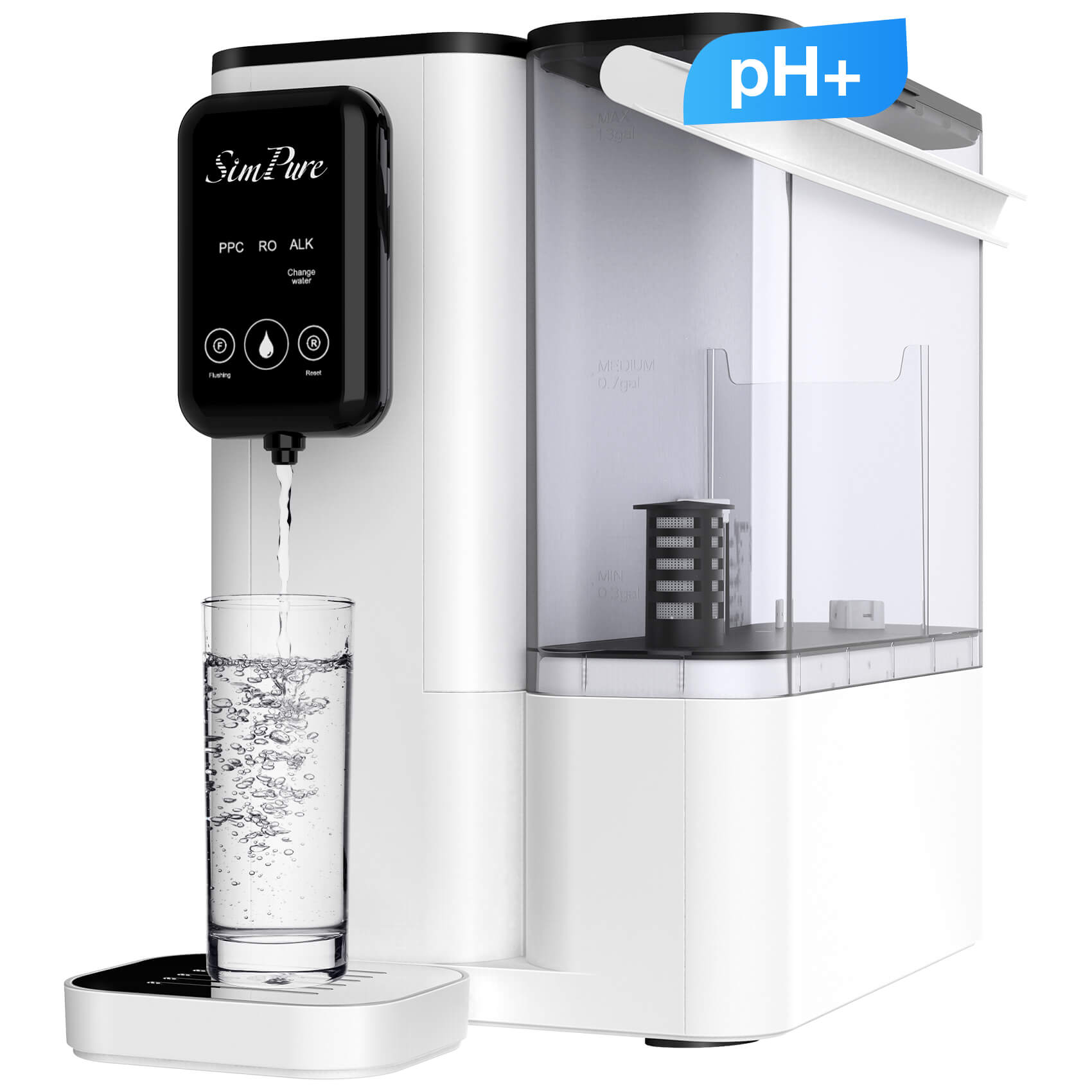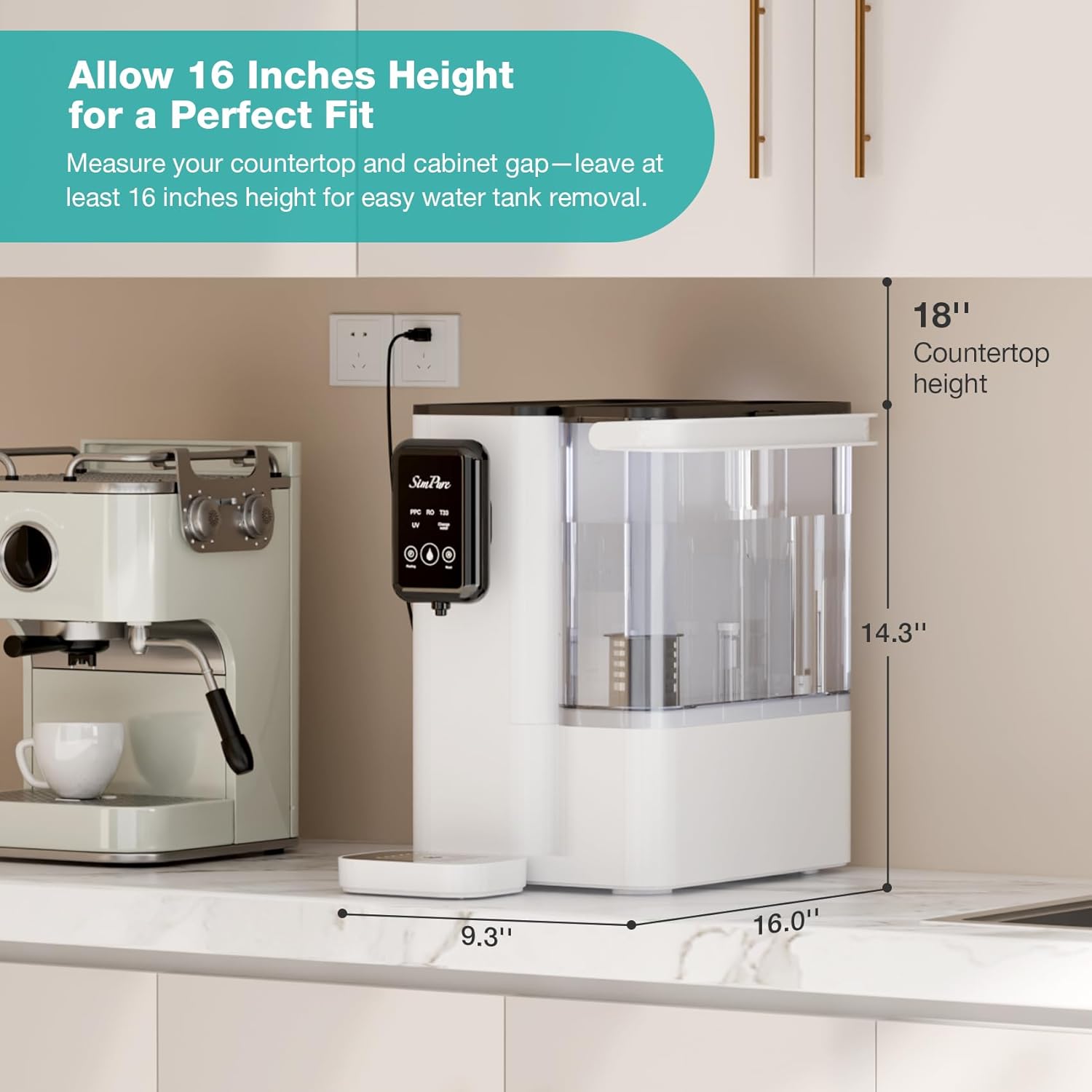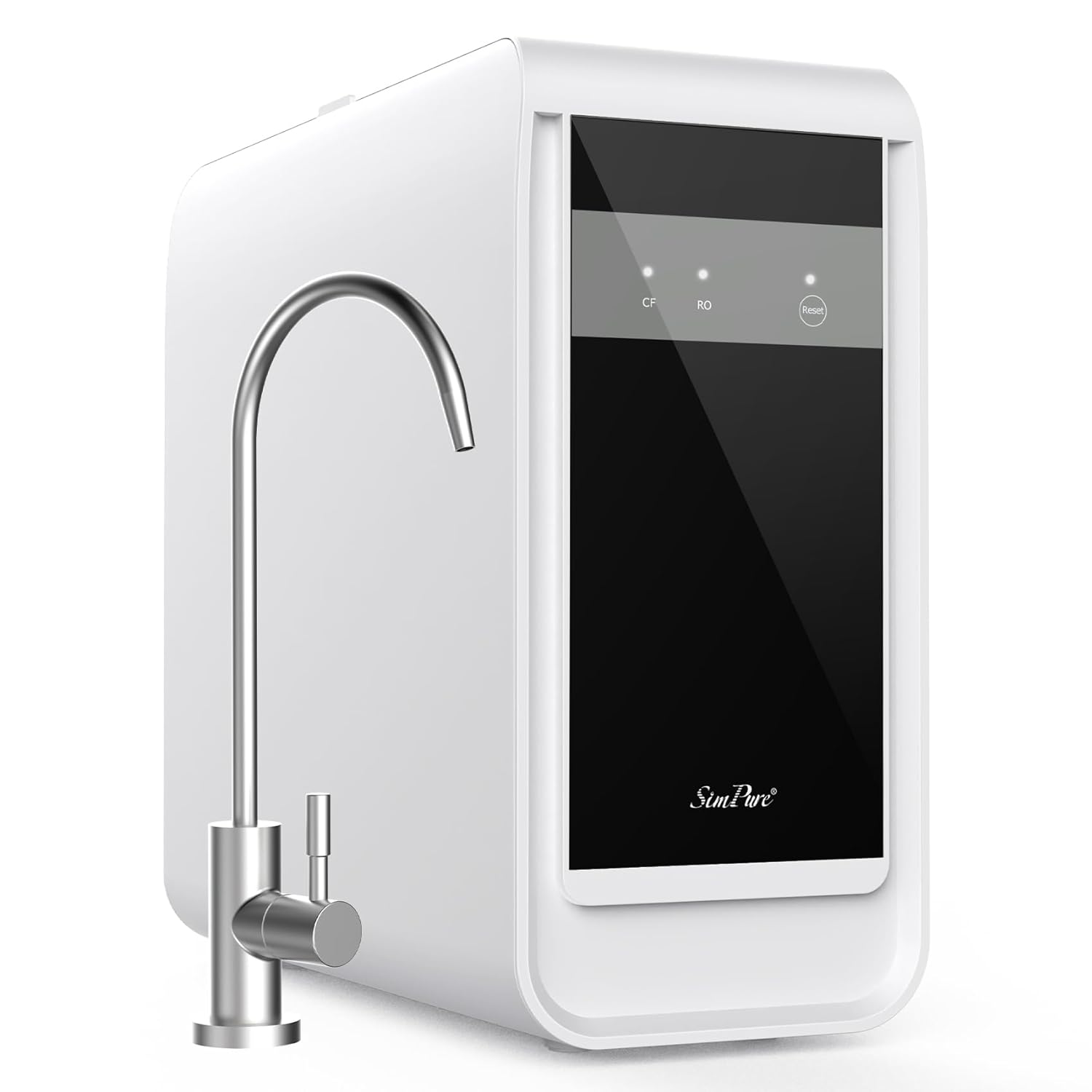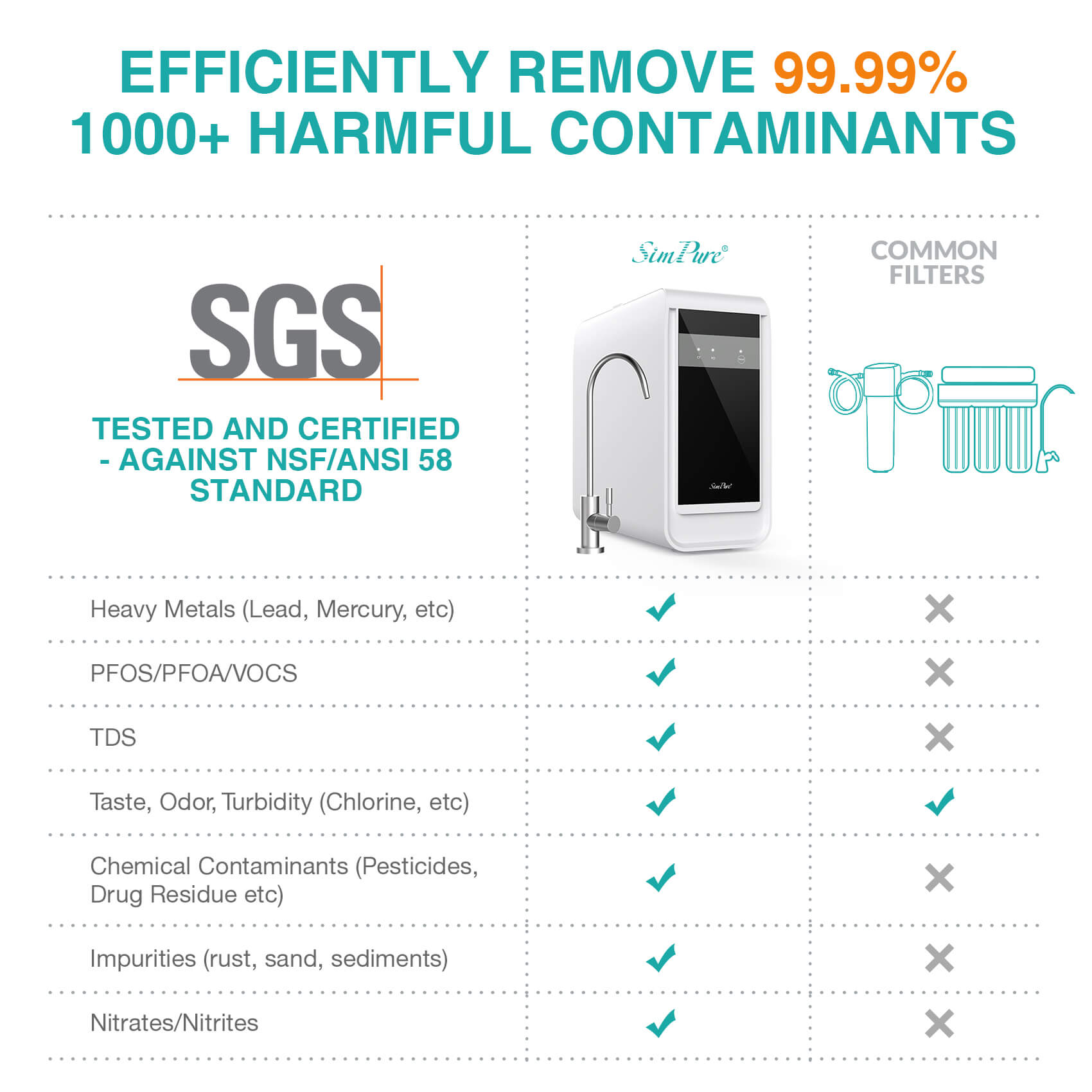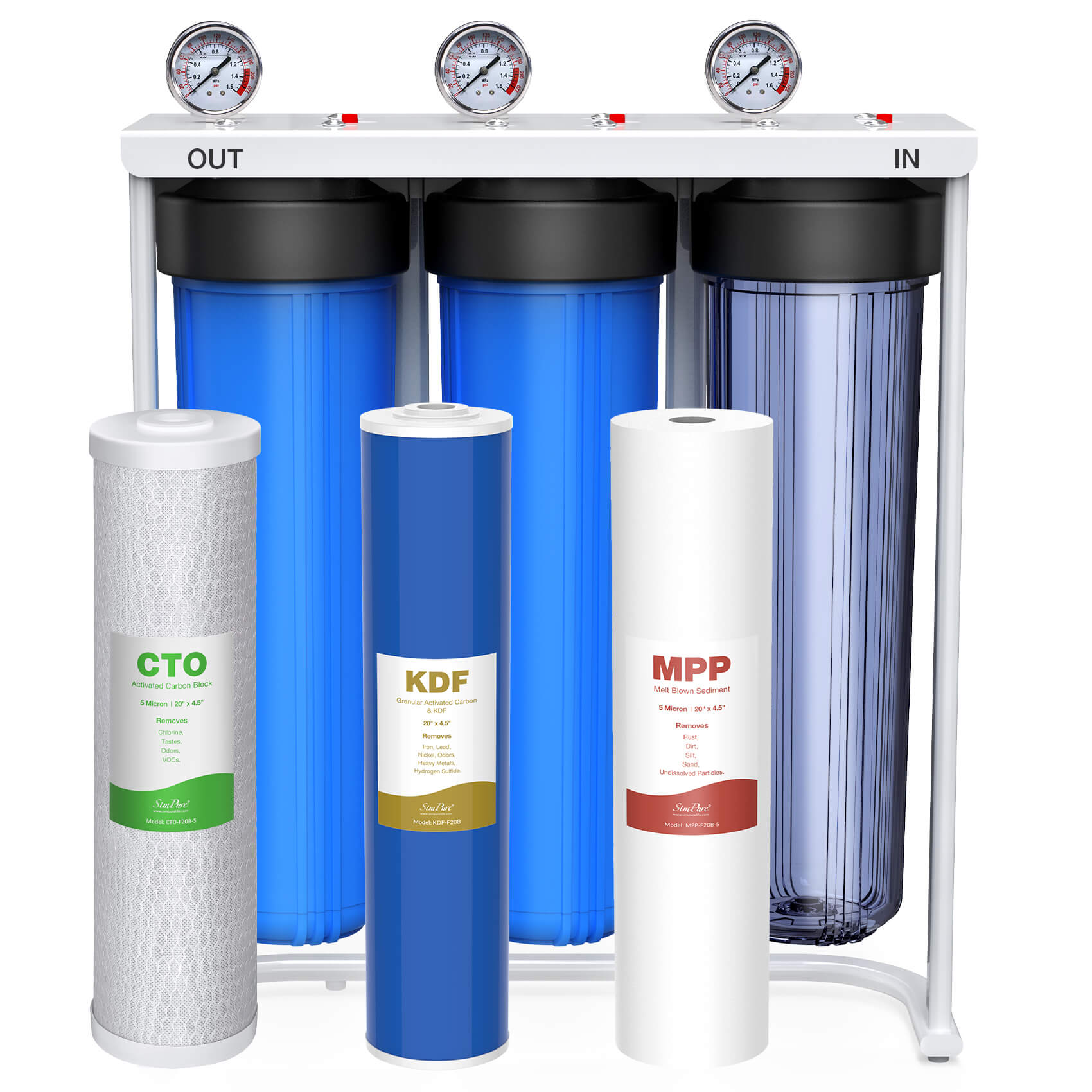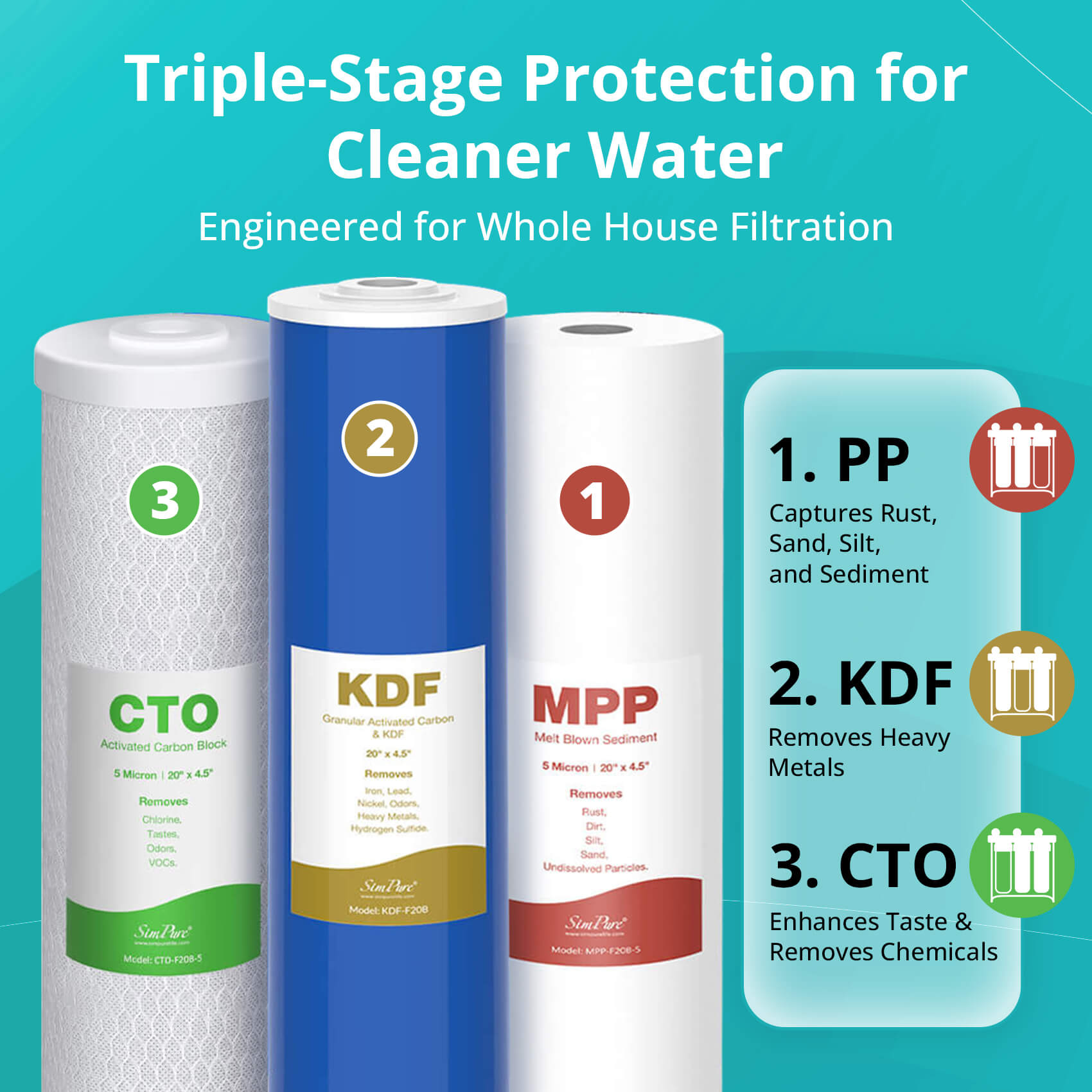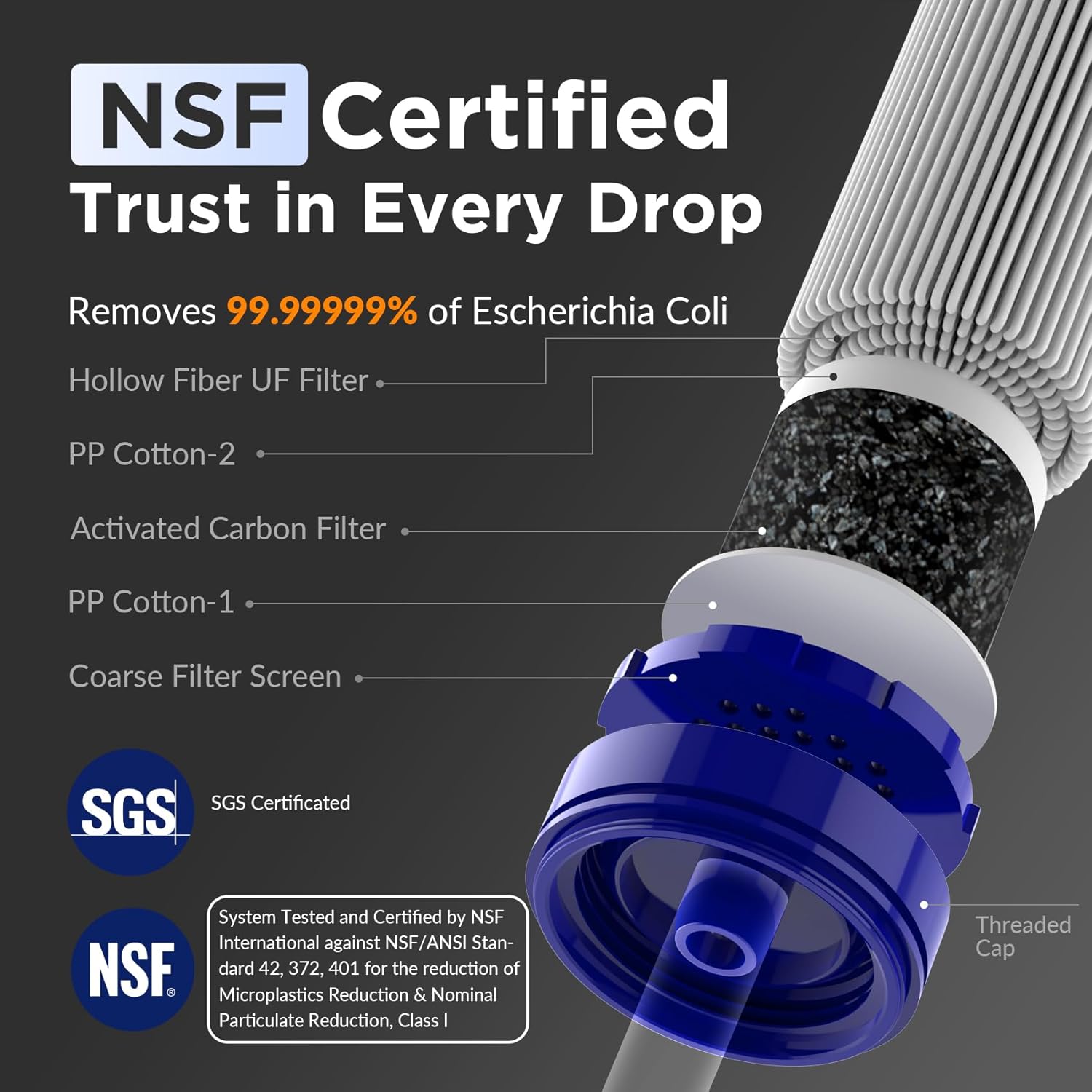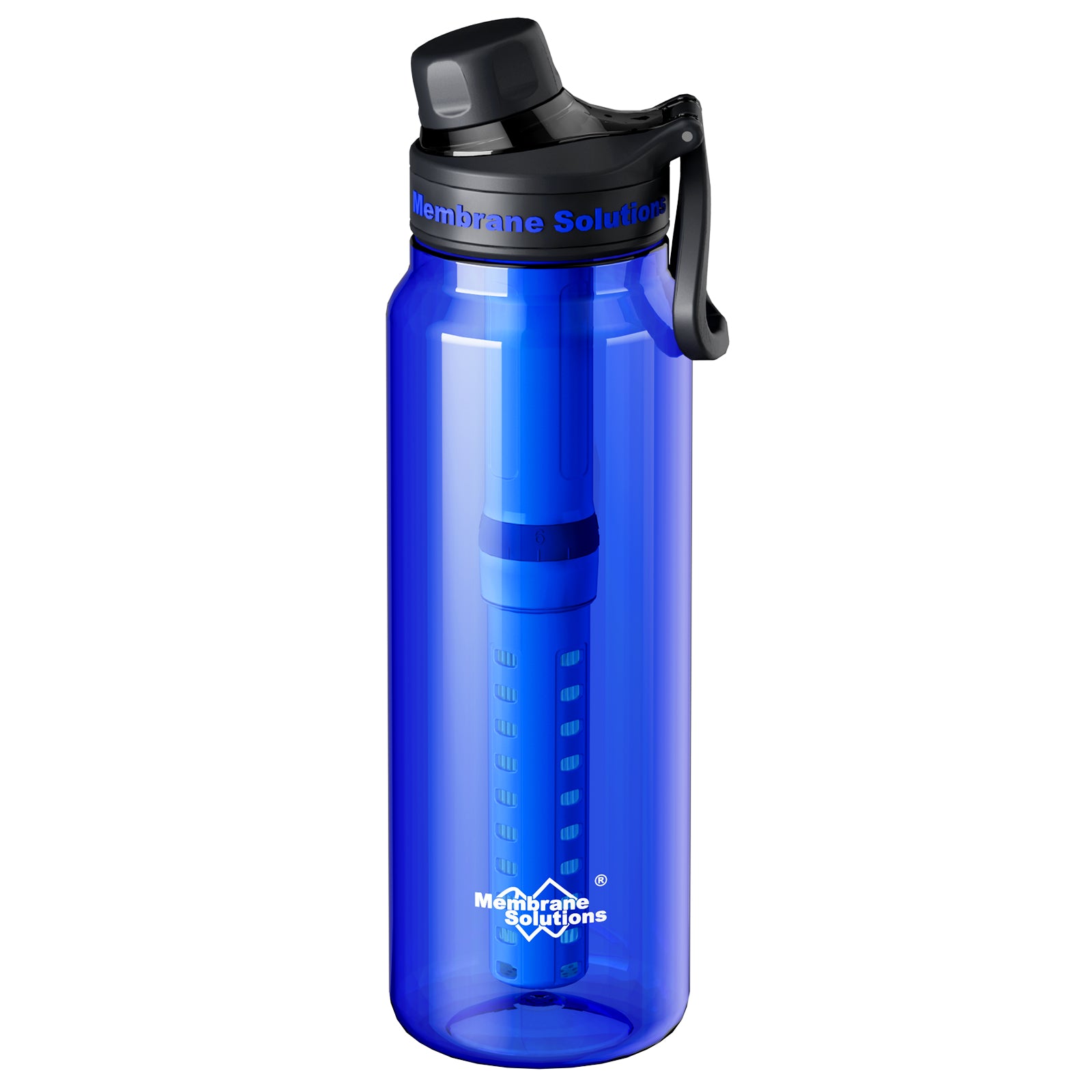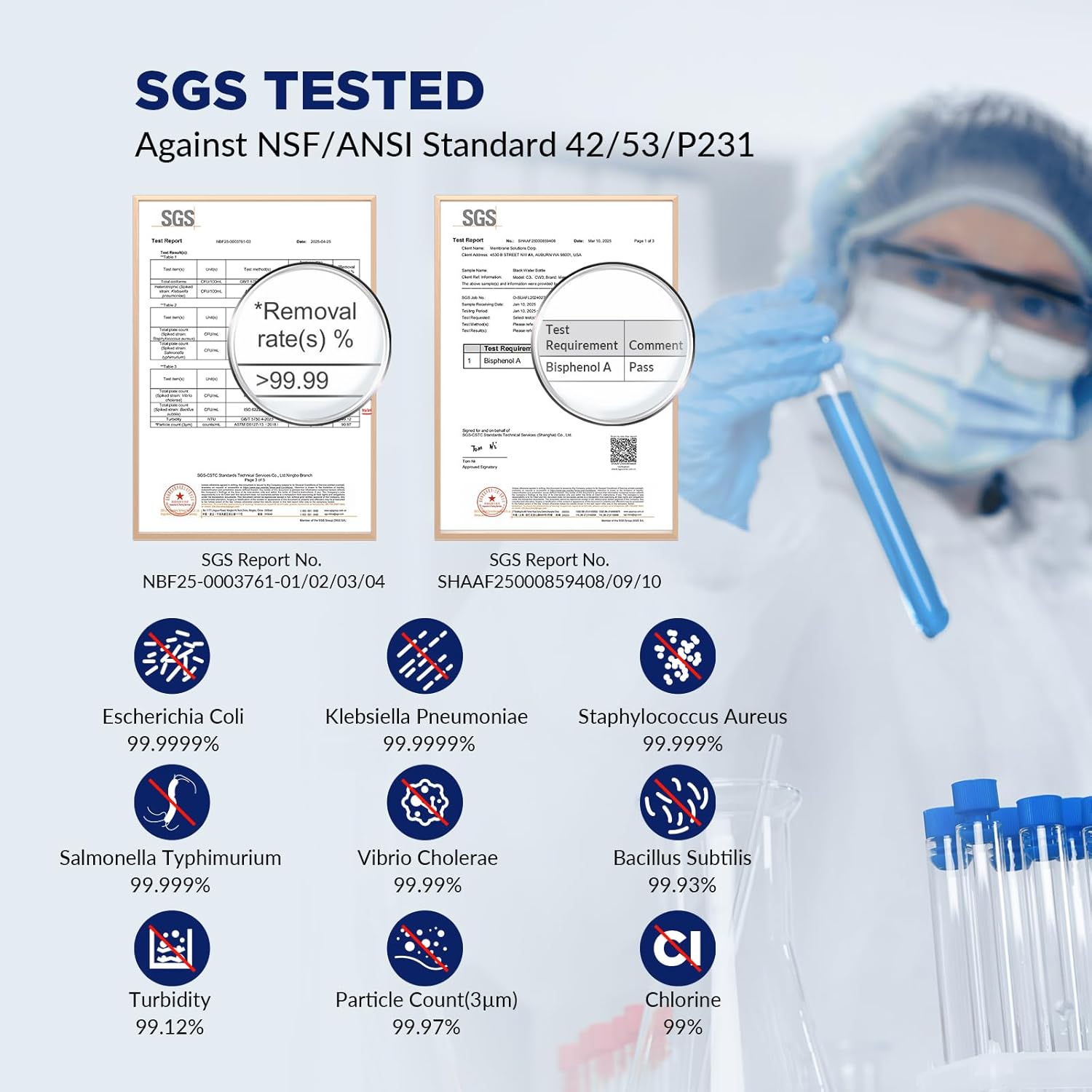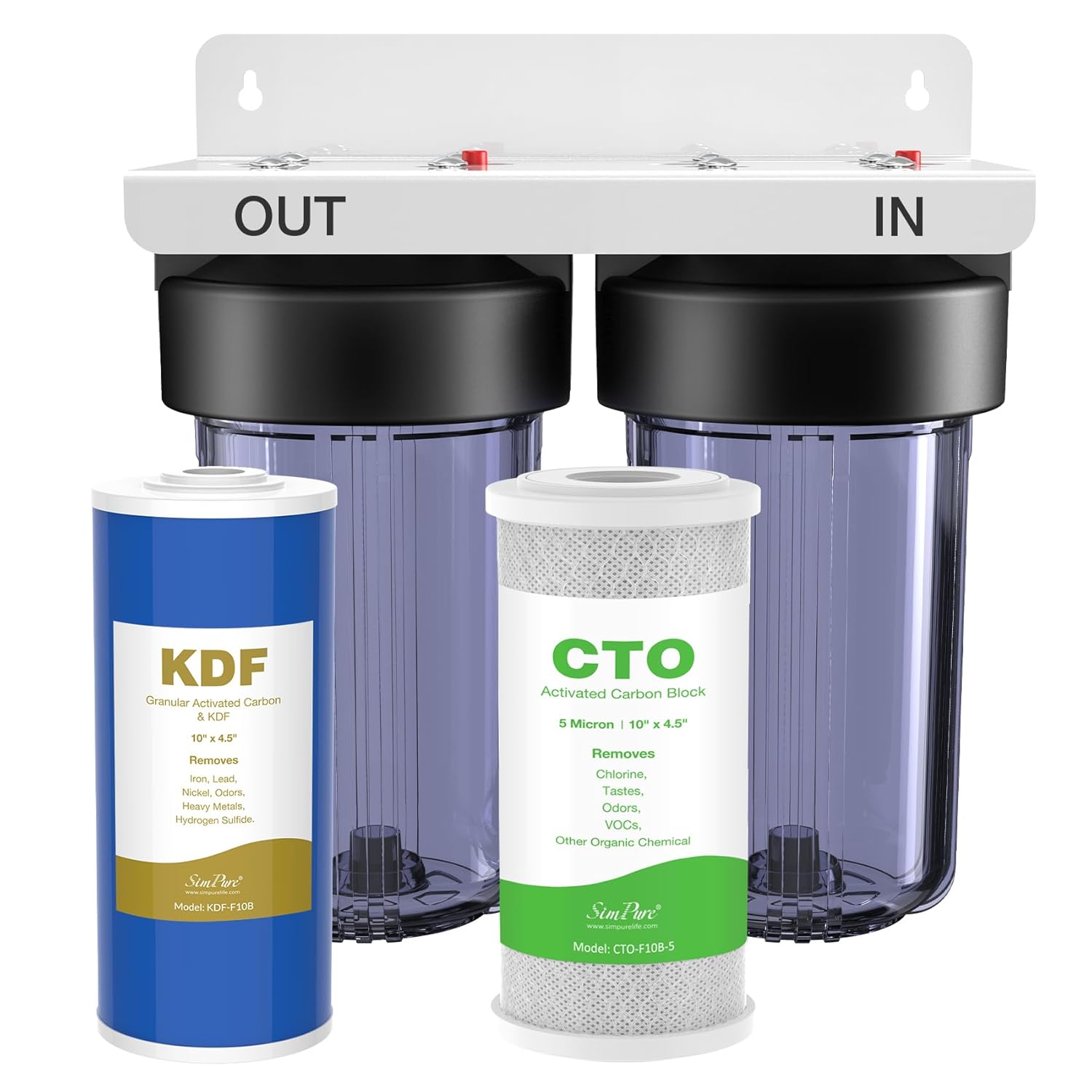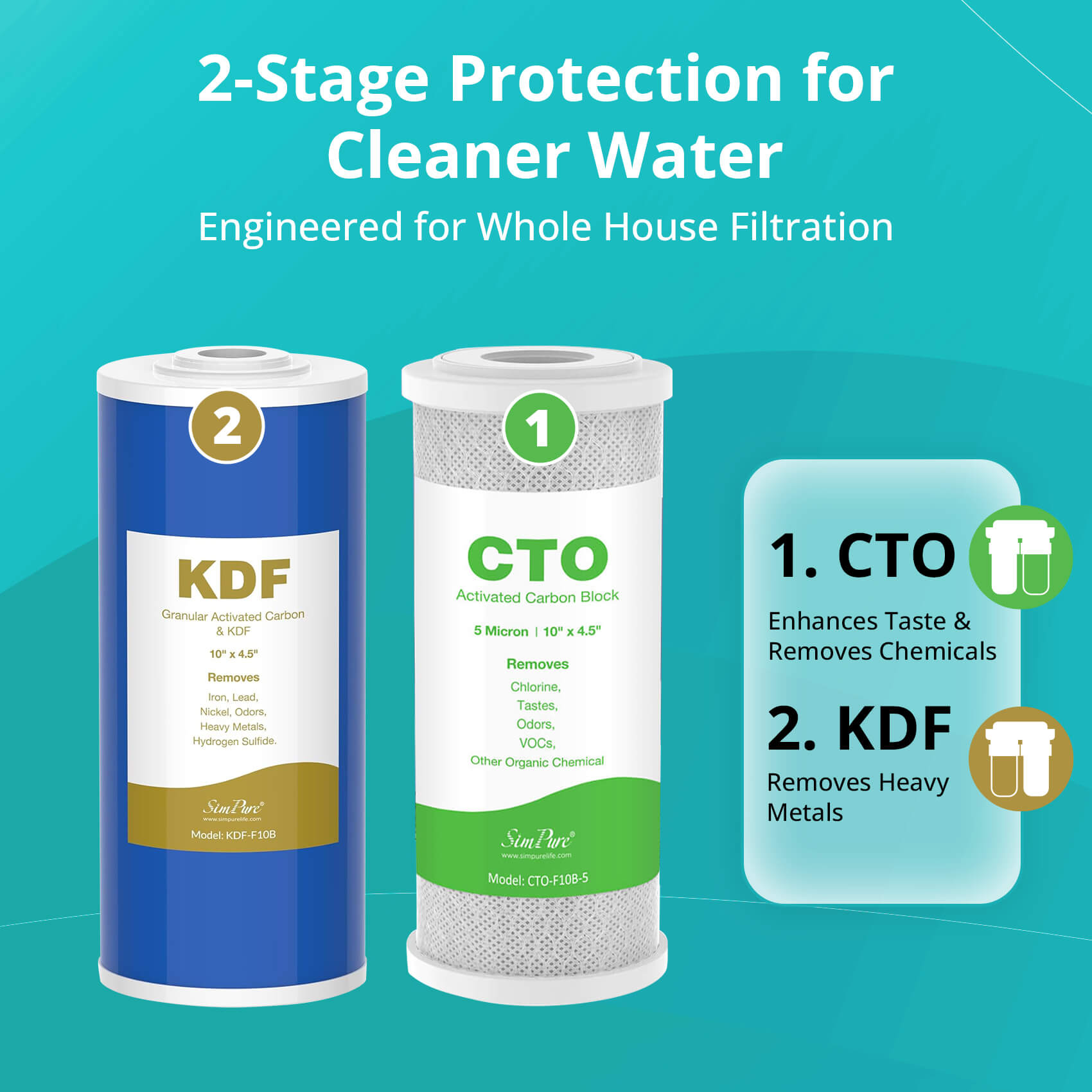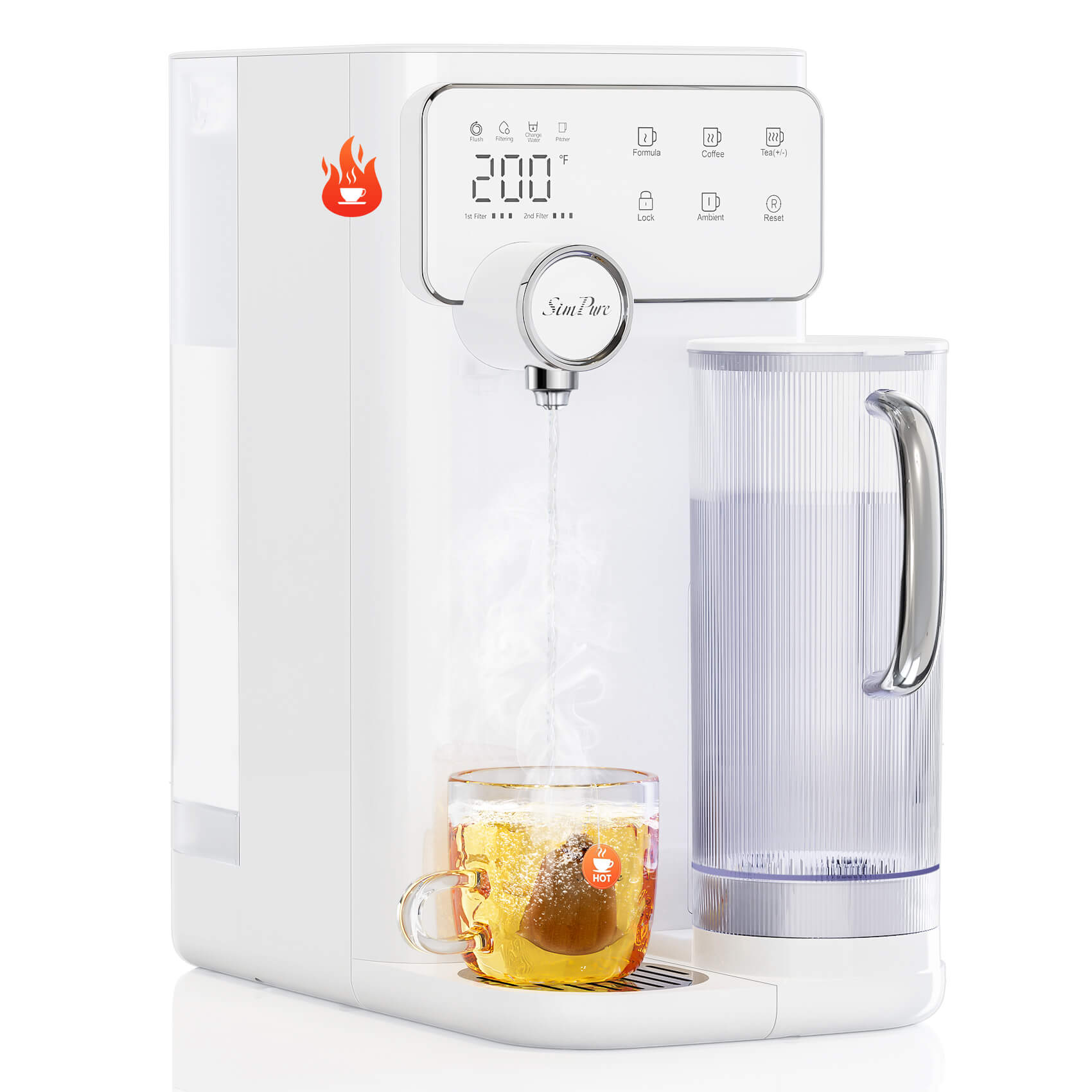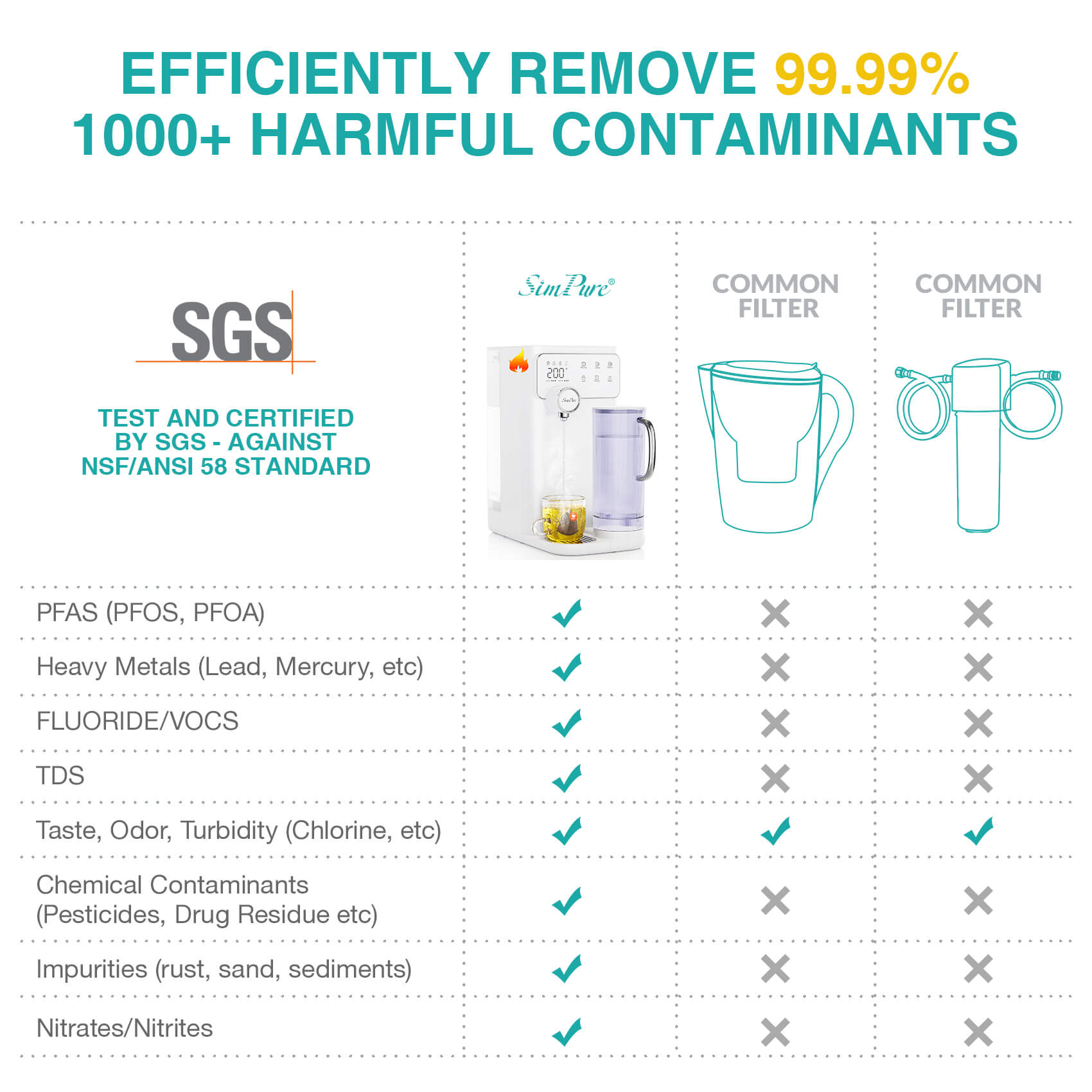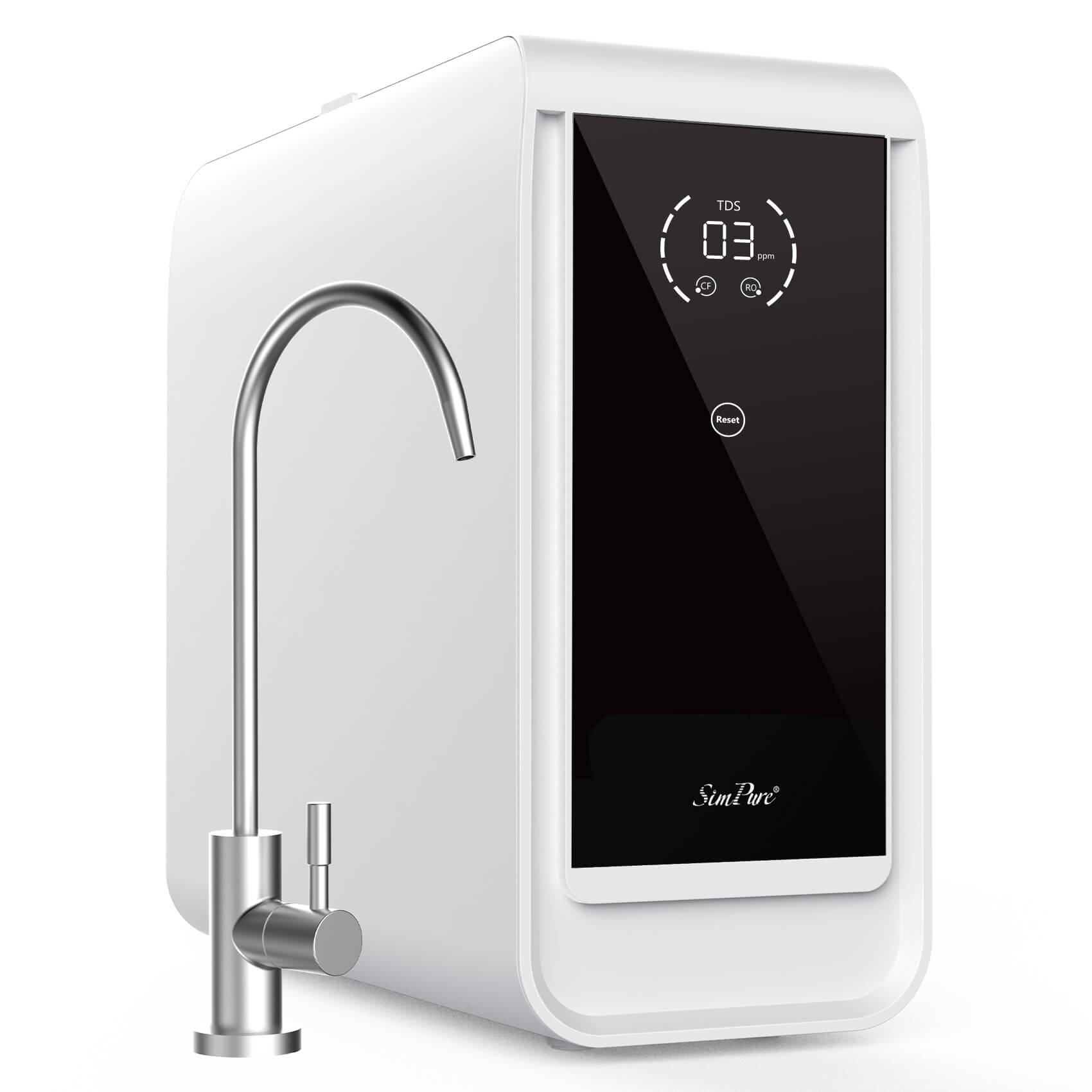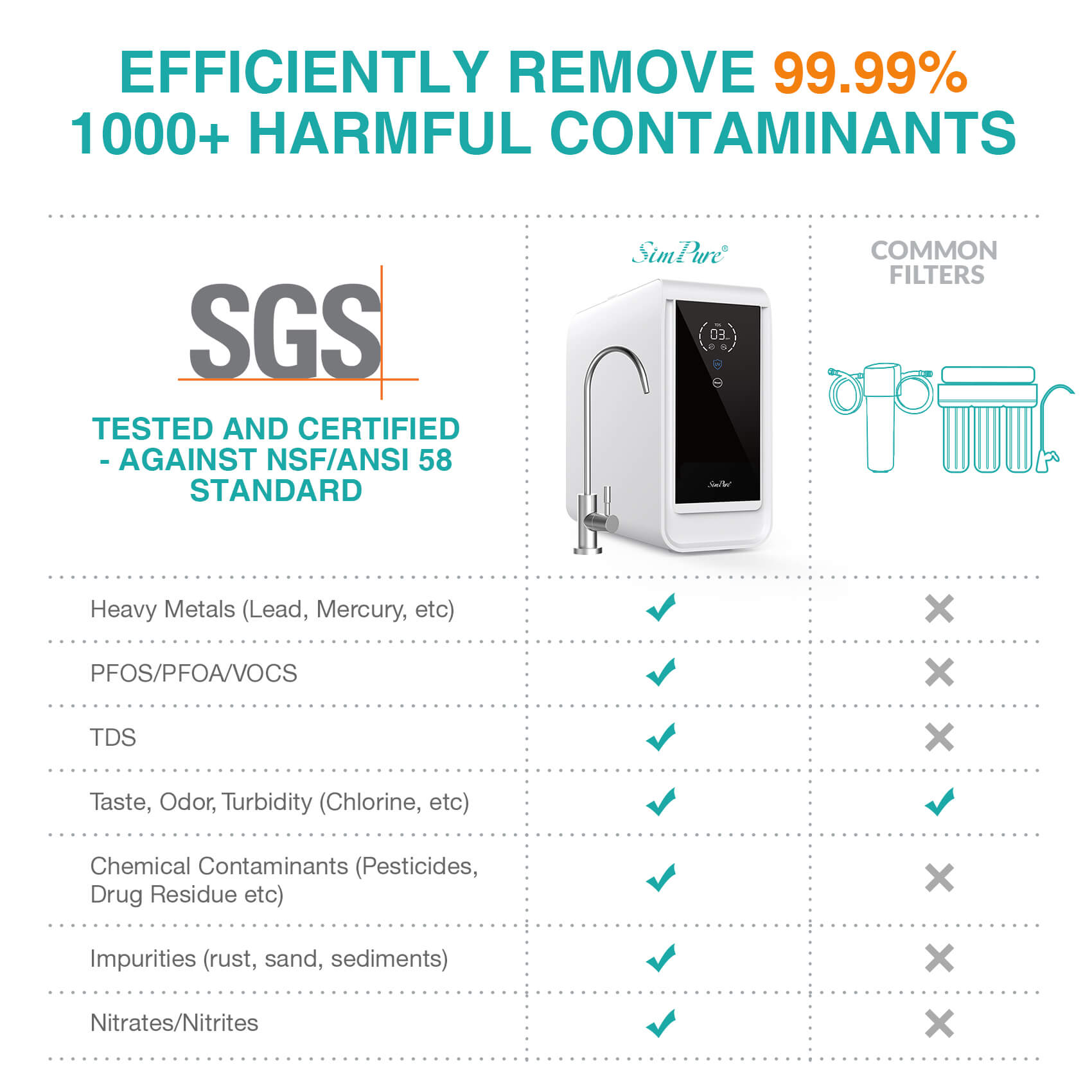Have you ever glanced at the expiration date on a bottle of water and wondered, does water expire? Today, we will explore the longevity of water. From bottled sources to your tap, we'll unlock the science behind its freshness and answer your doubt about does water have expiration date. So, whether you're a health enthusiast or a casual sipper, let's quench your curiosity about water and its intriguing shelf life.
Table of Contents
I. The Science of Water Longevity
II. Factors Influencing Water Quality Over Time
III. Shelf Life of Bottled Water
IV. Natural Sources and Tap Water
V. How Long Does it Take for Water to Expire?
I. The Science of Water Longevity
Water, composed of two hydrogen atoms and one oxygen atom, exhibits exceptional chemical stability due to its simple molecular structure. The oxygen-hydrogen bond is strong, creating a molecule resistant to decomposition under typical conditions. Water's stability ensures it doesn't undergo significant chemical changes over time, making it a reliable and enduring substance. This inherent stability contributes to the perception that water doesn't technically have an expiration date, emphasizing its fundamental role in sustaining life.
II. Factors Influencing Water Quality Over Time

When we discuss about water expiration date, we need to learn what influences the water quality. Let us explore the following factors that are influenced the answer to does water have expiration date or does water expire after opening:
1. Temperature fluctuations: Impact on taste and freshness.
Water quality is sensitive to temperature changes. Fluctuations can influence taste and freshness, especially in bottled water. Extreme temperatures, whether hot or cold, may impact the overall chemical balance, potentially affecting the water's palatability and odor.
2. Exposure to sunlight: Alters chemical composition.
Prolonged exposure to sunlight can alter the chemical composition of water. Ultraviolet (UV) rays can induce photochemical reactions, leading to the breakdown of certain compounds and the development of undesirable tastes or odors. This is why it's often recommended to store water in opaque containers to minimize sunlight exposure.
3. Microbial contamination: Affects safety and clarity.
Microorganisms, such as bacteria, algae, or fungi, can infiltrate water sources, causing contamination. This not only affects the safety of the water but may also result in changes in clarity, taste, and odor.
4. Container material: Impacts taste and purity.
The material of the water container can impact the taste and purity of the water. For example, plastic containers may impart a subtle taste to the water over time, especially if exposed to heat.
5. Air exposure: May lead to mild contamination.
Exposure to air introduces the possibility of mild contamination to water quality. Gases present in the air may interact with the water, affecting its taste and potentially compromising its purity.
6. Mineral leaching: Influences taste and clarity.
Depending on the water source and container material, minerals may gradually leach into the water. While some minerals are essential and contribute to water's taste, an excess may alter the flavor or clarity.
7. Storage conditions: Humidity and cleanliness affect water quality.
Proper storage conditions are paramount for maintaining water quality. High humidity can lead to the growth of mold and bacteria, compromising the cleanliness and safety of the water. Additionally, cleanliness is essential to prevent the introduction of contaminants.
III. Shelf Life of Bottled Water
Many consumers wonder, "Does bottled water expire?" The short answer is no—water itself does not spoil or go bad. However, examining the misconceptions surrounding the expiration of bottled water reveals why there is often a label indicating a shelf life. Bottled water, like any other consumable product, is subject to quality degradation over time. While the water may remain safe to drink, factors like exposure to light, temperature fluctuations, and the quality of the container can affect its taste, freshness, and overall quality. Thus, the expiration date on bottled water primarily serves as a recommendation for optimal taste and quality rather than indicating its safety. That is why does bottled water have expiration date.
IV. Natural Sources and Tap Water
Contrary to bottled water, natural sources like springs and wells don't carry an explicit expiration date. This absence is rooted in the consistent, self-renewing nature of these sources. Underground aquifers and springs continuously replenish the water, maintaining its freshness. While it's essential to consider local regulations and periodic testing, the lack of a strict expiration date underscores the sustained quality of these natural water sources.
Tap water, supplied by municipal systems, adheres to strict quality standards regulated by local authorities. Unlike bottled water, tap water doesn't display an expiration date. The absence of a designated endpoint is attributed to the continuous monitoring and treatment processes that ensure its safety. Municipal water treatment facilities employ sophisticated techniques to remove impurities and maintain quality. Although tap water is not exempt from external factors influencing taste, understanding its reliable quality assurance mechanisms reinforces confidence in its consumption beyond any perceived expiration date.
V. How Long Does it Take for Water to Expire?
As we explain above, water itself, as a molecule, doesn't undergo a process of spoilage. However, factors such as storage conditions, exposure to contaminants, and the quality of the container can influence its taste and safety over time. In general, properly stored water, whether from a natural source, tap, or bottle, can remain suitable for consumption for an extended period. Regularly assessing and maintaining optimal storage conditions is key to ensuring water stays fresh and palatable.
VI. Is it Safe to Drink Out-of-Date Water?
In essence, water itself doesn't expire. However, factors like storage conditions can impact taste and safety. If in doubt about water quality, consider installing a water filter, particularly an RO system water purifier. Such systems effectively remove impurities, ensuring the water you consume is consistently safe and pure. Prioritizing water filtration offers peace of mind, especially when dealing with older water supplies. Taking this proactive step aligns with a commitment to health and guarantees that the water you and your family drink remains of the highest quality.
VII. Practical Tips for Preserving Water Quality

1. Store in a cool, dark place to prevent contamination.
Keep water away from sunlight and heat to maintain its freshness and prevent the growth of microorganisms, ensuring a safe and clean drinking experience.
2. Use sealed containers to minimize air exposure.
Choosing high-quality, food-grade containers and avoiding prolonged storage in materials prone to leaching helps maintain water quality. Minimize air contact to preserve water quality by storing it in sealed containers, preventing the absorption of unwanted gases and contaminants.
3. Regularly clean storage containers for hygiene maintenance.
Maintain hygiene by regularly cleaning water storage containers to prevent bacterial growth and maintain water quality.
4. Install a water filter, especially the RO system, for purification.
Ensure water purity by installing a water filter, particularly a Reverse Osmosis (RO) system, removing impurities and contaminants for safe consumption.
5. Avoid plastic containers prone to leaching substances.
Opt for non-leaching containers to avoid the transfer of potentially harmful substances from plastic to water, preserving its purity and taste.
6. Consume water within the recommended timeframe.
Adhere to recommended consumption timelines to enjoy water at its freshest, minimizing any potential changes in taste or quality over time.
In essence, water doesn't have an expiration date, yet its quality is influenced by various factors. To ensure consistently safe and fresh water, follow our practical tips. Regularly assess storage, invest in water filters, and remain mindful of consumption timelines. So, does water have an expiration date? No, but its preservation is in your hands.



